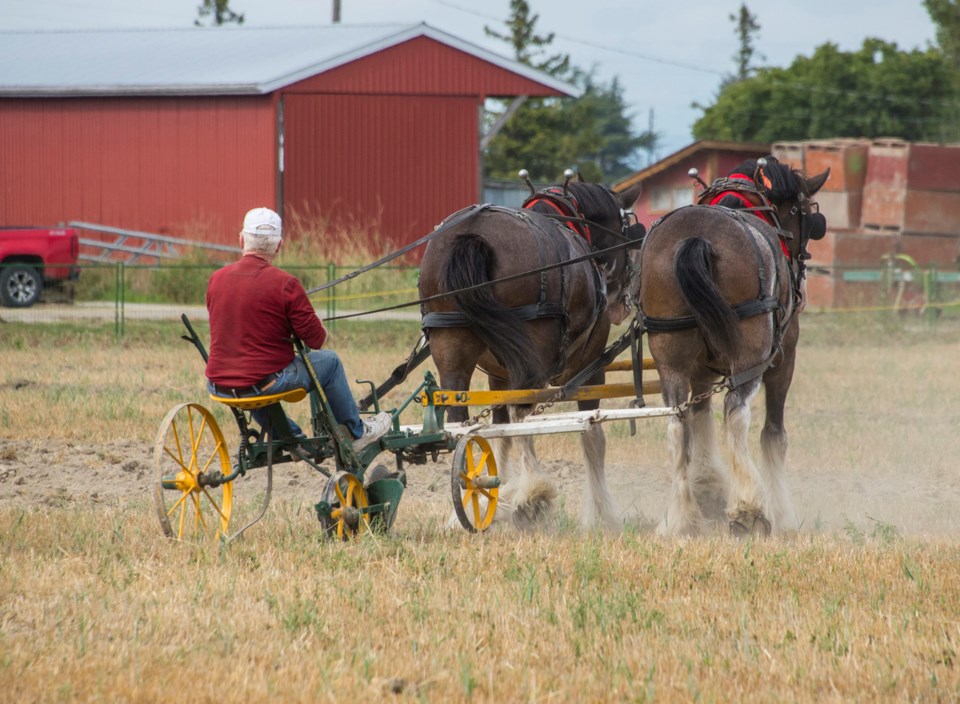What’s the point of a lower application fees if the red tape remains?
That’s what Delta South MLA Ian Paton is asking about the agriculture ministry’s recent press release on updates to Agricultural Land Commission Act, aimed at making it more affordable for multi-generational farmers on the Agricultural Land Reserve to apply to build housing.
The updates, which will also make it easier for farmers in the ALR to maintain and build roads and driveways on their land, will see fees for non-adhering residential-use applications reduced from $1,500 to $900.
The 40 per cent reduction in the application fees follows feedback from local governments and farmers and others living in the ALR, according to the province.
Paton, the Liberal agriculture critic, noted it doesn’t address farm families’ difficulty in adding housing for their next generations.
“While I am sure farmers will appreciate lower fees for non-adhering residential use applications and more flexibility with fill regulations, for the minister to talk about housing affordability on farmland, when her bills (15 and 52) have eroded a farmer’s ability to make an application to the ALC directly and made it nearly impossible to add a secondary dwelling on their property, is baffling. This announcement does nothing to provide more certainty for farmers wanting to add a secondary dwelling on their property,” Paton said.
“Minister Popham needs to understand that families are at the core of farming in British Columbia. In my view, the ALC should take family considerations into account when determining whether to approve an application for a secondary dwelling. With the high cost of housing in B.C., amending secondary dwelling regulations will not only help curve housing affordability, it will also inspire a new generation of British Columbians to become active farmers,” he added.
In the news release, Popham said, “B.C.'s farming families work hard to put food on our tables, and these changes will help reduce the expense and anxiety of maintaining an extended-family lifestyle on the farm."
She added, "It takes a lot of people to run a large farm. Having parents, in-laws and siblings on site helps many B.C. farms produce the food we need more efficiently. Our government will continue to make life better for these hard-working farming families."
Land in the ALR now must have no more than one residence per parcel, while new or replacement additional farmhouses are only allowed where the need for an additional housing has been demonstrated.
Having gathered input from the civic agricultural advisory committee and the Delta Farmers’ Institute, the City of Delta this year asked for the farm house regulation to be revamped.
“There are significant concerns relating to the strict regulations surrounding additional farm housing, particularly as they relate to generational farm families. There is a desire in Delta for the ALC to provide additional flexibility in allowing home site severances and additional farm houses and to leave decision making and control to local decision makers who have a greater understanding of local issues and farming operations,” a planning department report notes.
“This flexibility would allow for more support to be given to succession planning and for growing farm operations, including generational farm-based operations. It was noted that focus should be on the footprint or farm home plate rather than the number of homes on a farm.”
The provincial government earlier this year unveiled proposed changes for farm housing in a policy intentions paper.
The regulatory changes are to enable landowners to have both a principal residence and a small secondary residence on their property, including garden suites, guest houses and carriage suites.



